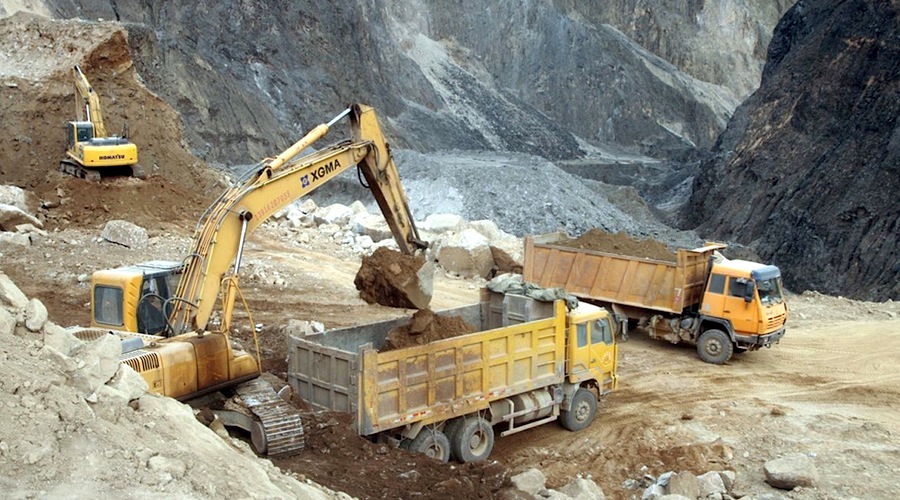Union Minister of Mines, Coal, and Parliamentary Affairs has divulged that within the Geology and Mining Department (G&M) in Jammu and Kashmir, there exists a void comprising 42 Gazetted and 229 Non-Gazetted positions. The deficiency in personnel within the Geology and Mining Department emerges as a disquieting issue. Media reports accentuate the rampant illegal depletion of natural resources in Jammu and Kashmir. The paucity of officers necessitates the imposition of additional responsibilities on existing officers, engendering a dispersion of focus across multiple facets. Insufficient staffing engenders compromises on the vigilance front, exacerbating the challenge of monitoring and curtailing illegal mining activities. It is imperative to underscore that the requisitioning of staff for Governmental Departments is a meticulous process, subject to extensive deliberations aligned with the department’s exigencies.
As highlighted by the Minister, the deployment of personnel from the Jammu and Kashmir Cements Limited to bridge the staffing deficit is a step in the right direction. Analogously, concerted endeavours could be directed towards leveraging the workforce of JKPCC and JAKFED to alleviate the prevailing shortage. The Government, having already sealed the fate of these two departments, possesses the discretion to strategically redeploy employees from these entities to address the exigencies within the Geology and Mining Department. A meticulously devised strategy is imperative to proffer a pragmatic and efficacious solution to the challenges confronting the Geology and Mining Department. This necessitates a judicious examination of the available human resources, contemplating their suitability for deployment, and formulating a comprehensive plan that optimally harnesses the existing workforce to fill the void in an expeditious and sustainable manner. The invaluable bounty of natural produce is at stake, and any deviation from sanctioned limits through clandestine mining not only translates into fiscal losses but also begets irreversible ecological degradation. The existing scenario unfurls multifaceted repercussions with ramifications of far-reaching consequences. Administrative intervention is imperative, necessitating a thorough examination of the issue and expeditious action on the recruitment front to augment staff numbers promptly.
Trending Now
E-Paper




